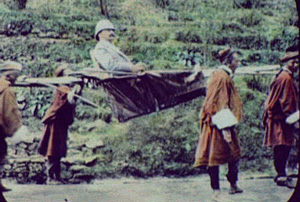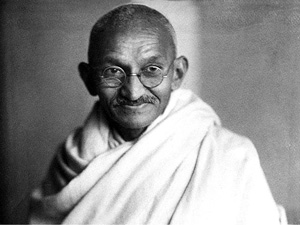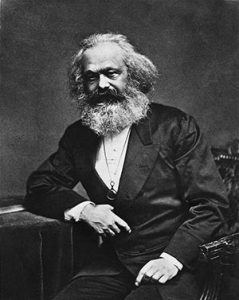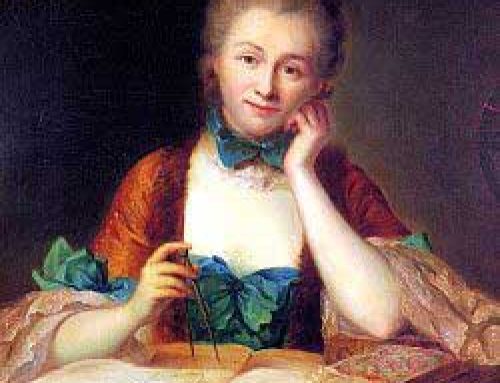
British colonialist in a litter carried by local men
After Napoleon
Napoleon’s empire in Europe ended a lot of the old powers. But when Napoleon lost power in 1815 AD, rich men just built new empires.
Who was Napoleon?
Enlightenment
French Revolution
All our Modern Europe articles
Even though the Enlightenment and the French Revolution had tried to bring political equality to everyone, the 1800s were a time of tremendous inequality instead.
More rights for citizens
It’s true that European politics were beginning to change. Poor men (but not women) in Europe got more rights than they had had before. In Britain, elected Prime Ministers held most of the power. In France, even though there were more kings and emperors after Napoleon, they ruled under a constitution. Then in the 1850s, Austrian farmers got their freedom from serfdom. Then the people of France formed a real democracy in 1870.
Women’s history in modern Europe
Victorian England
France in the 1800s
Austria-Hungary in the 1800s
Shorter, less healthy lives

Kids in a spinning mill in England
But rich European men still held most of the power, and they were much, much richer than they ever had been before. Most Europeans were still poor, and the shift from farming to factories made most people less healthy than they had been in the 1700s. Most people were shorter, and they died younger, often of tuberculosis or cholera.
What’s tuberculosis?
History of cholera
Industrialization in Europe
Europe colonizes all over the world

A white man beating an enslaved African man in Brazil
These rich Europeans got their money by ruling over millions of men and women who lived in other parts of the world like India or Africa or South America. Britain ruled South Africa, East Africa, India, Australia, and Canada. France ruled South-East Asia, West Africa, and North Africa.
British India
Africa and colonization
History of Mexico
California fights the Missions
Brazil and colonization
Spain ruled most of South America, Mexico and the western part of North America (California, Nevada, Utah, Colorado, Arizona, New Mexico, and Texas), Cuba, and the Philippine Islands in the Pacific Ocean. Portugal controlled Brazil. These people had almost no political power at all.
More and more inequality
Rich Europeans got richer and richer by taking a lot of profit from the colonies all over the world. Families in India and Africa became too poor to send children to school. But more European children went to school and grew up to become inventors and engineers.

Mahatma Gandhi
The colonies break free
Slowly these colonized countries started to break free. South America broke free of Spain by the 1830s. Canada became pretty much independent from Britain in 1867. Australia got its independence in 1901.
Spain loses its colonies
Paraguay and independence
New countries form in Europe
Near the end of the 1800s, many old city-states and small kingdoms of central Europe banded together to make the new countries of Italy and Germany. That made the Austro-Hungarian Empire much weaker. The Ottoman Empire lost control of Eastern Europe, and Serbia, Bulgaria, Greece, Montenegro, and Romania became independent countries.
Bismarck and Germany
Ottoman Empire in the 1800s
Workers form unions

Karl Marx, a European philosopher and economist
Within Western Europe, poor factory workers began to form unions to demand better pay and safer, healthier working conditions.
Europe’s economy in the 1800s
Karl Marx and Communism
Lead-up to World War I
People in Germany worried that without many colonies, they were falling behind France and Britain. Meanwhile, people in France were worried that the new country of Germany would attack them, as the Austro-Hungarian Empire had done in the time of the French Revolution, not so long before. Soon this led Europe into World War I.
